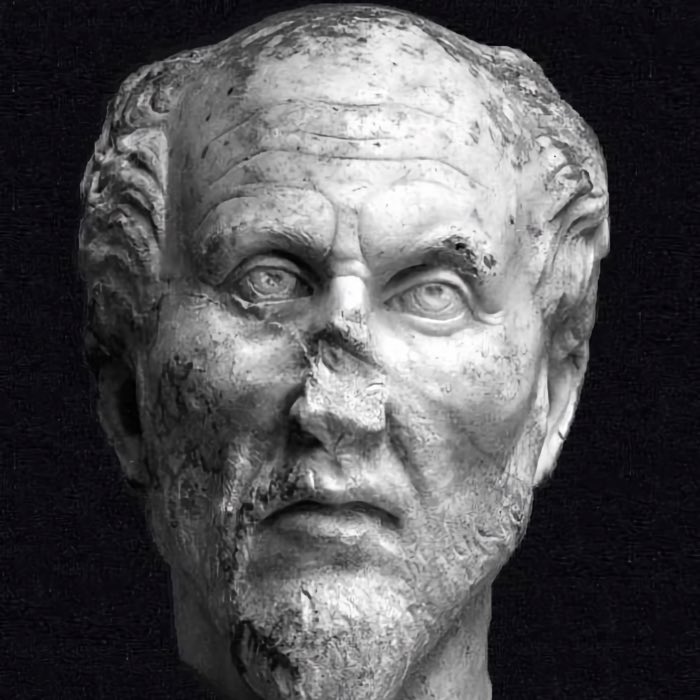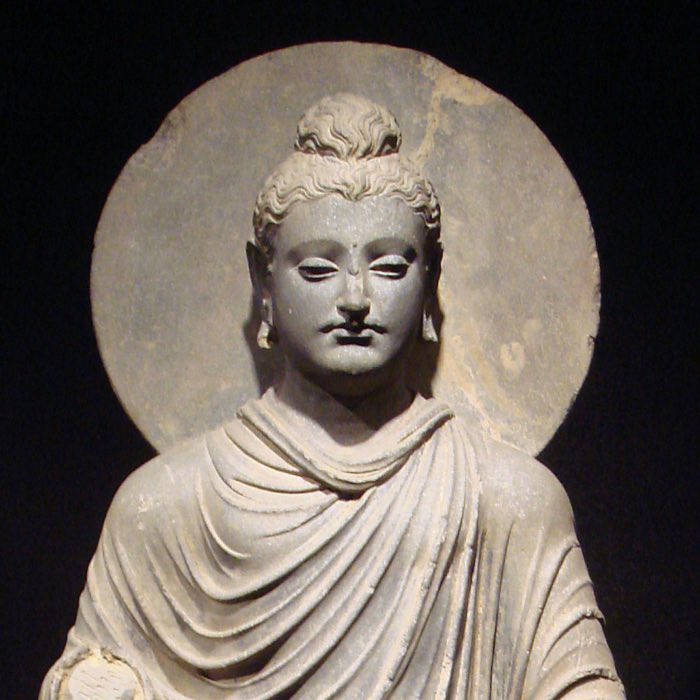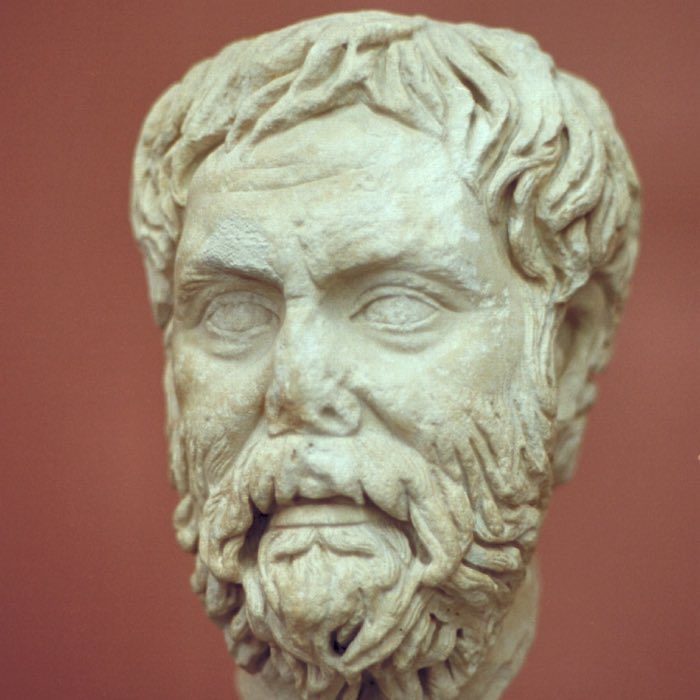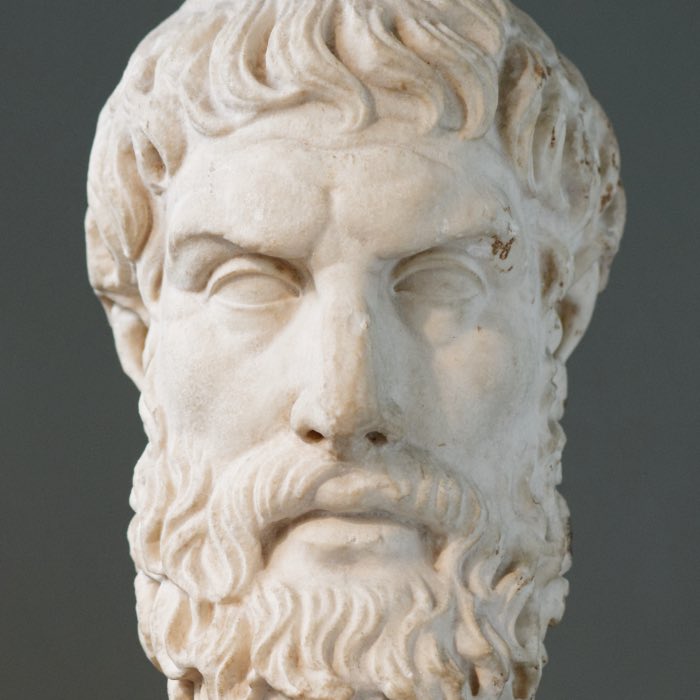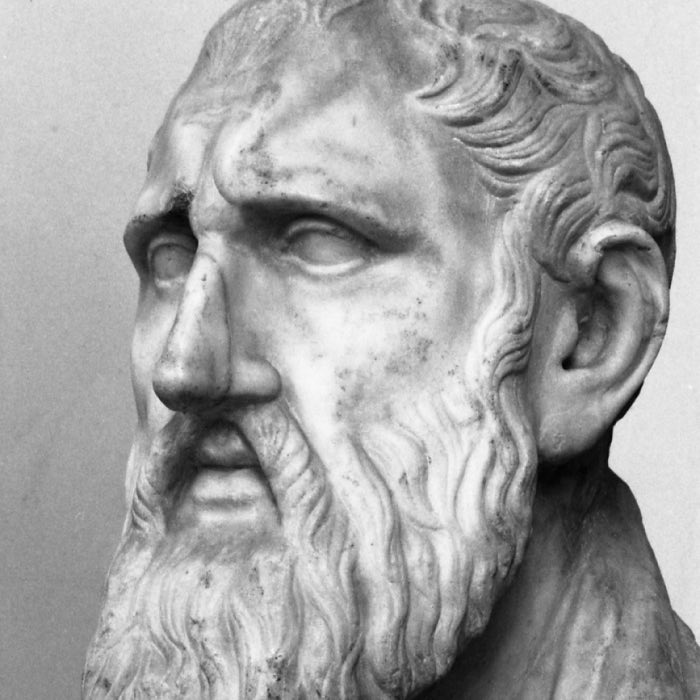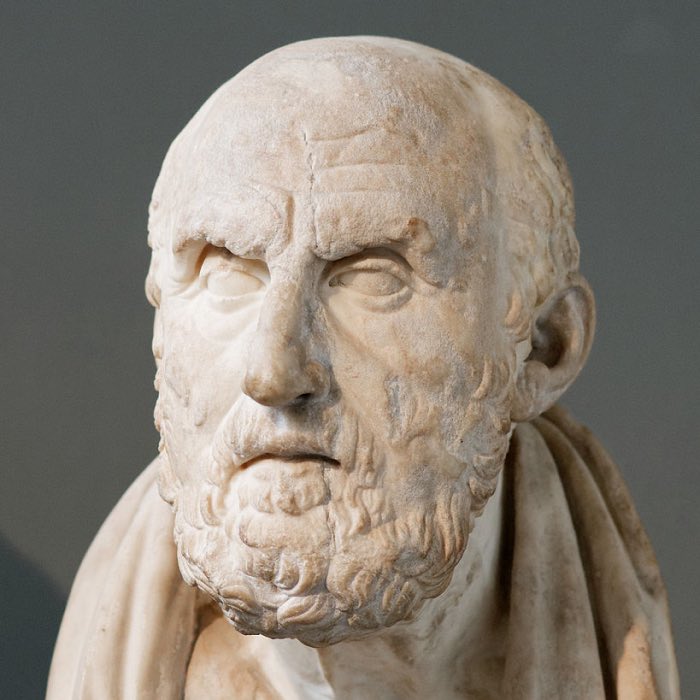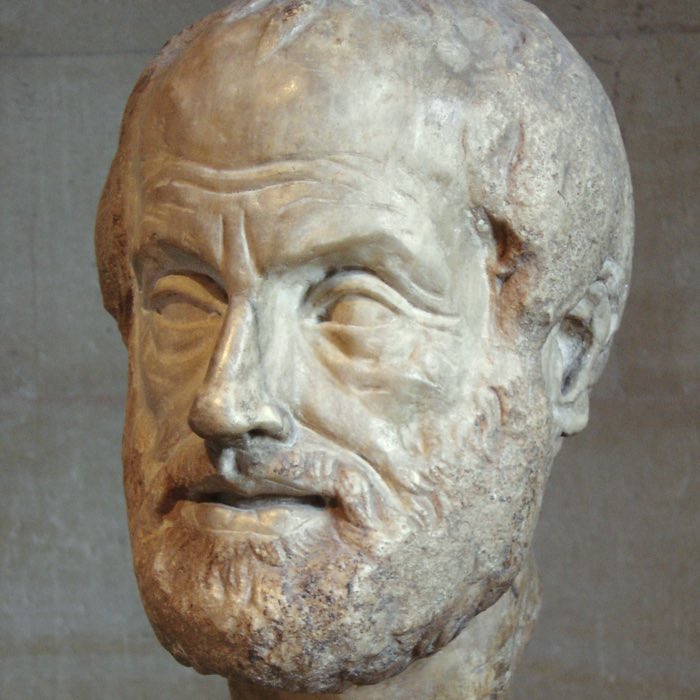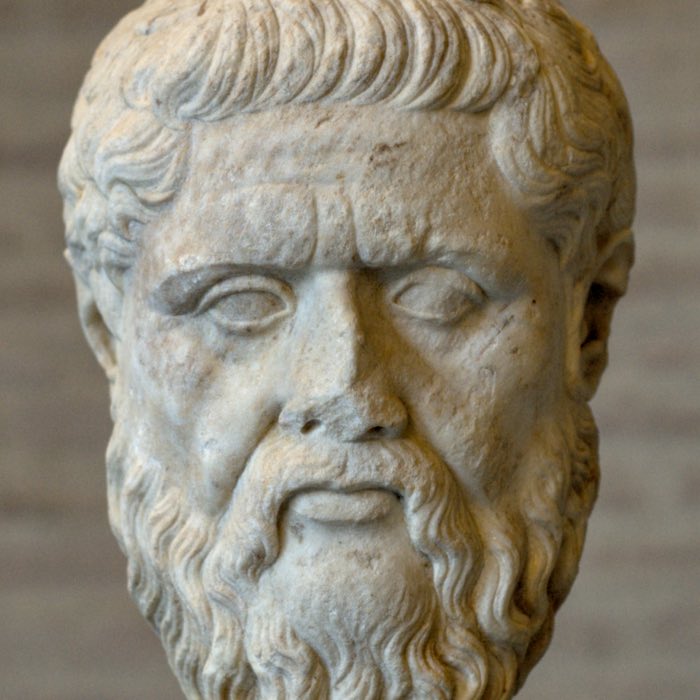Weekend Stories
I enjoy going exploring on weekends (mostly). Here is a collection of stories and photos I gather along the way. All posts are CC BY-NC-SA licensed unless otherwise stated. Feel free to share, remix, and adapt the content as long as you give appropriate credit and distribute your contributions under the same license.
diary · tags · RSS · Mastodon · flickr · simple view · grid view · page 14/36
Plotinus and Neoplatonism: The culmination of classical Greek philosophy
Plotinus (circa 204–270 CE) and the school of thought he founded, known as Neoplatonism, represent the final and arguably most sophisticated phase of classical Greek philosophy. Rooted in the metaphysical framework of Plato, Neoplatonism expanded and systematized Platonic thought, integrating elements of Aristotelian, Stoic, and Pythagorean philosophy. It became a dominant intellectual and spiritual force in the late antique world, influencing subsequent developments in Christian theology, Islamic philosophy, and the Western mystical tradition.
Pyrrhonism and its aftermath
The Pyrrhonist school of thought, originating with Pyrrho of Elis (circa 365–275 BCE) and later systematized by Sextus Empiricus (2nd–3rd century CE), represents one of the most radical and enduring forms of skepticism in the history of philosophy. After flourishing during the Hellenistic period, Pyrrhonism seemingly faded in influence, only to resurface in new philosophical contexts during the Renaissance and early modern periods. Over time, certain Pyrrhonist ideas found resonance in Christian thought, particularly in the context of intellectual humility, mystical theology, and later in debates during the Enlightenment about religious tolerance. Although direct adoption of Pyrrhonist concepts into Christian doctrine is unlikely, elements of Pyrrhonist skepticism indirectly influenced Christian thinkers and played a role in shaping modern philosophical and theological discourse.
Skepticism and non-attachment: Philosophical parallels between Pyrrhonism and Buddhism
The intersection of Hellenistic philosophy and Indian spiritual traditions has long intrigued scholars, especially regarding the striking conceptual parallels between Pyrrhonism, subject of our previous post, and early Buddhism. Despite their distinct historical and cultural contexts, both traditions offer profound frameworks for addressing the nature of belief, perception, and human suffering. While our post about Pyrrhonism already discussed these potential connections, this post further focusses on the philosophical affinities and divergences between Pyrrhonism and Buddhism.
Pyrrhonism: Radical skepticism and the pursuit of tranquility
Pyrrhonism, a school of ancient skepticism founded by Pyrrho of Elis (circa 360–270 BCE), represents one of the most rigorous and distinctive philosophical traditions of the Hellenistic period. Unlike earlier Greek skeptics, who often critiqued specific dogmas or theories, Pyrrhonism advocated a radical suspension of judgment (epoché) about all matters, emphasizing the limits of human knowledge and the impossibility of attaining certain truth. This philosophical stance was not an end in itself but a means to achieving ataraxia, or tranquility of the soul, which Pyrrho and his followers regarded as the ultimate goal of human life.
The Epicureans: Philosophy of pleasure, tranquility, and the pursuit of happiness
The Epicurean school, founded by Epicurus (341–270 BCE), represents one of the most distinctive and enduring philosophical movements of the Hellenistic period. At its heart lies a hedonistic philosophy that defines the highest good as the attainment of pleasure (hedone), understood not as indulgence in sensual excess but as the cultivation of a tranquil and virtuous life. Epicureanism offered a comprehensive framework addressing metaphysics, ethics, and epistemology, emphasizing the naturalistic basis of existence and the role of rational inquiry in achieving human flourishing (eudaimonia).
Stoicism: Philosophy of reason, virtue, and tranquility
Stoicism, founded by Zeno of Citium in the early 3rd century BCE, represents one of the most enduring and influential schools of philosophy in Western thought. Emerging in Athens during the Hellenistic period, Stoicism evolved as a comprehensive system addressing ethics, logic, and natural philosophy. The Stoics sought to understand the principles governing the cosmos and to live in harmony with nature, emphasizing the cultivation of reason, virtue, and resilience in the face of life’s challenges. Through its emphasis on personal responsibility, emotional regulation, and the distinction between what is within and beyond our control, Stoicism provided a practical guide for achieving tranquility (ataraxia) and flourishing (eudaimonia). Its teachings profoundly influenced Roman thinkers such as Seneca, Epictetus, and Marcus Aurelius, and later Christian theologians who found resonance between Stoic ethics and Christian beliefs.
The Cynics: Philosophy of radical simplicity and freedom
The Cynics (kynikoi), one of the most provocative philosophical movements of ancient Greece, advocated for a life in radical alignment with nature, rejecting societal conventions, material excess, and the pursuit of wealth and power. Originating in the 5th century BCE with Antisthenes, a student of Socrates, and famously embodied by Diogenes of Sinope, the Cynics emphasized the cultivation of self-sufficiency (autarkeia), freedom (eleutheria), and virtue (aretē). Their philosophy, while often considered confrontational and iconoclastic, was deeply ethical and practical, aiming to free individuals from the constraints of societal expectations and material desires.
The Hellenistic schools: Philosophy as a guide to life
The Hellenistic period, spanning from the death of Alexander the Great in 323 BCE to the rise of the Roman Empire in the late 1st century BCE, was a time of profound intellectual, cultural, and political transformation. In this era, philosophy evolved from abstract metaphysical inquiry into a practical guide for living, as thinkers grappled with questions of human flourishing, ethical conduct, and the nature of happiness in a changing and often chaotic world. The philosophical schools of the Cynics, Stoics, Epicureans, and Pyrrhonists emerged as distinctive responses to these challenges, each offering a comprehensive framework for achieving a good life.
Aristotle: The philosopher of systematic thought and foundational inquiry
Aristotle (384–322 BCE) stands as one of the towering figures in Western philosophy, whose influence has extended far beyond the boundaries of his time. A student of Plato and tutor to Alexander the Great, Aristotle was a polymath who made foundational contributions to nearly every field of knowledge available in his era. From metaphysics and ethics to biology and political theory, his systematic approach to inquiry and his commitment to empirical observation set him apart as a pivotal thinker in the history of philosophy.
Plato: The philosopher of forms and the architect of Western thought
Plato (circa 427–347 BCE) is one of the most influential figures in the history of Western philosophy. A student of Socrates and the teacher of Aristotle, he founded the Academy in Athens, the first institution of higher learning in the Western world, and developed a comprehensive philosophical system that has shaped intellectual discourse for over two millennia. His dialogues, written in a dramatic and literary style, address fundamental questions about reality, knowledge, ethics, politics, and art, weaving together metaphysical speculation, ethical inquiry, and practical concerns.
